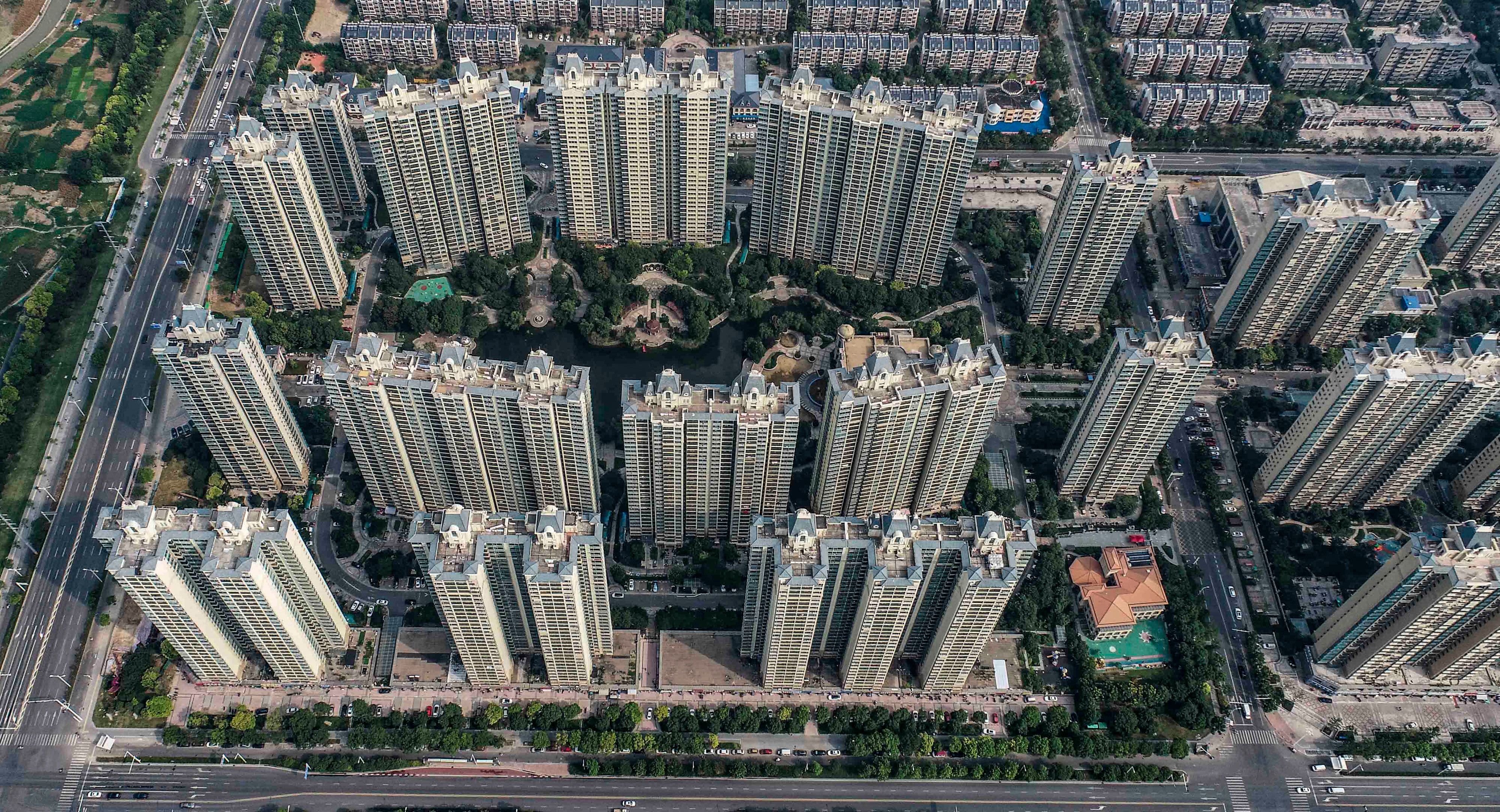Investors could expect more Chinese property developers to default on bond payments, but troubles in the real estate sector have not spilled over to other industries, an analyst said Tuesday.
Financial distress among Chinese real estate firms came to forefront in the last few months as Evergrande and other developers struggled to repay their debt. Evergrande appeared to have averted a default after reportedly remitting funds for an interest payment last week.
“Most likely we are going to see more defaults … of these developers,” Bo Zhuang, senior analyst at investment firm Loomis Sayles, told CNBC’s “Street Signs Asia.”
The analyst said the increase in bond defaults should be gradual, with Chinese authorities marginally easing some policy measures that have weighed down the real estate sector.
He noted that housing sales in China have stopped declining in the last two weeks, which is “a good sign.” That has made the valuation of some developers “appealing” to investors, he added.
Future of China’s property sector
Chinese property developers make up a large portion of the Asian high-yield bond market.
Those firms have grown rapidly following years of excessive borrowing. Chinese authorities have ramped up efforts to rein in excesses in the sector, such as by limiting rampant borrowing among developers and tightening rules for mortgage lending.
“From the market perspective, all these high-yield Chinese property names have gone through this roller coaster. But if you look at the other non-property names in China, of the companies that have issued bonds, they seem to be doing fine,” said Zhuang.
In particular, China’s banking sector has held up despite stresses among property firms, he added. The analyst explained that bonds issued by banks have seen “no significant change” in yields while banking stocks have not taken a major hit.
The Chinese property sector will likely look different in the next five to 10 years, said Zhuang.
He predicted that the government would play a bigger role in the sector to control housing prices and development projects. That means the market share of private firms would decline, with many developers going bust or merging with other companies, added the analyst.
